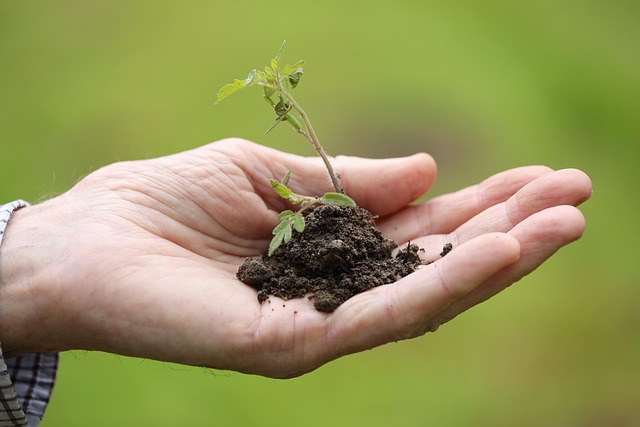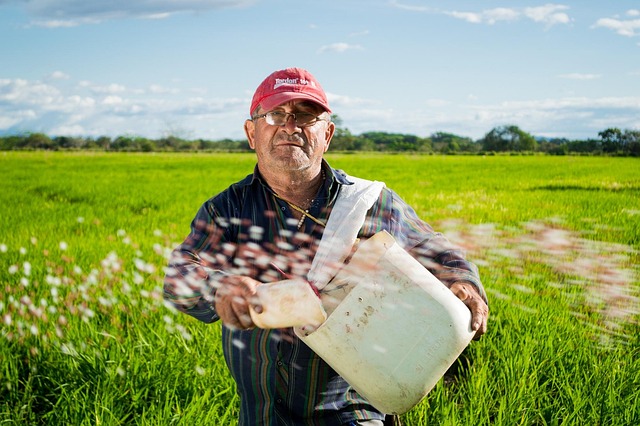Gardening is a delightful way to connect with our environment, and growing vibrant vegetable seedlings can be an incredibly rewarding experience. Not only does it allow for the cultivation of fresh produce, but it also fosters a sense of harmony with nature. By nurturing vegetable seedlings in sustainable ways, we can contribute positively to our ecosystem while enjoying the bountiful harvest.
When embarking on your journey to grow your own vegetable seedlings, consider implementing eco-friendly practices that support the health of our planet. Start by choosing organic seeds that are free from harmful pesticides and genetically modified organisms (GMOs). These seeds not only yield better-quality plants but also encourage local biodiversity, making it easier for pollinators, such as bees and butterflies, to thrive in our gardens.
Another fundamental aspect of eco-friendly gardening is the use of natural fertilizers. Compost is an excellent option; it enriches the soil with essential nutrients while reducing waste. By recycling kitchen scraps and yard waste, you create your own nourishing mixture that not only benefits your vegetable seedlings but also minimizes your carbon footprint. This cycle of reusing and nourishing is at the heart of green gardening.
Water conservation is equally important in eco-conscious gardening. Implementing sustainable watering techniques, such as drip irrigation or rainwater harvesting, can ensure that your vegetable seedlings receive adequate hydration without wasting precious resources. Mulching around your plants reduces evaporation, keeping the soil moist and minimizing your need for frequent watering. This not only fosters a healthy garden but also respects the precious water our ecosystem provides.
As you nurture your vegetable seedlings, embrace the natural pests and beneficial insects that visit your garden. Instead of reaching for chemical pesticides, consider companion planting, which can deter unwanted insects while promoting a thriving environment for your plants. For instance, planting marigolds alongside your vegetables can repel harmful nematodes and attract pollinators. This creates a balanced ecosystem that encourages a natural predator-prey relationship, further enhancing the health of your garden.
Creating habitats for wildlife holistically enriches your garden as well. Incorporating native plants not only aids in conserving water and reducing maintenance effort but also invites birds, insects, and beneficial organisms to your space. Native gardens embody the essence of eco-friendly gardening, as they require fewer resources and play a vital role in the overall health of our local environment.
Lastly, the joy of gardening is not just in seeing your vegetable seedlings flourish, but in sharing this experience with your community. Consider joining local gardening clubs or participating in community gardens. These gatherings foster a collective spirit of sustainability, encouraging the exchanging of tips, seeds, and the shared celebration of nature’s gifts. Gardening together nurtures a sense of belonging, bringing people from all walks of life together in the pursuit of a greener future.
In summary, embracing eco-friendly practices in your gardening not only enhances the growth of your vegetable seedlings but also reinforces your connection with nature. By working in harmony with our environment, we can achieve a flourishing garden that benefits both ourselves and the ecosystem around us. This passionate pursuit fosters a lifestyle that respects and nurtures life, making our world a greener and more beautiful place.




